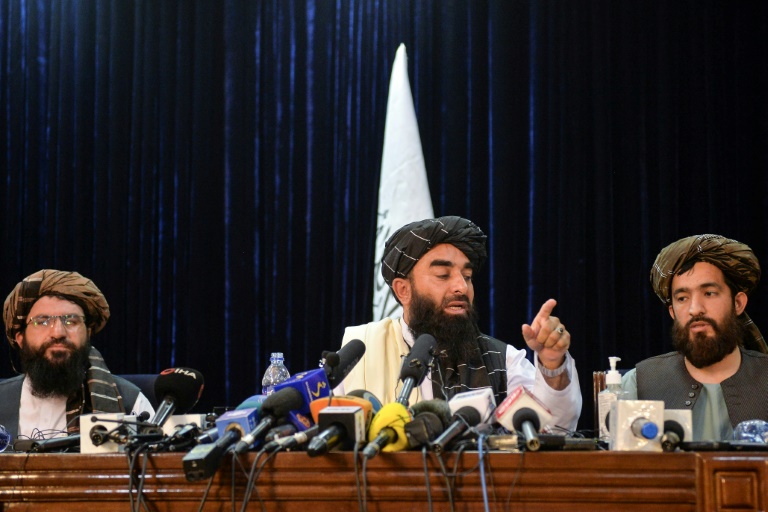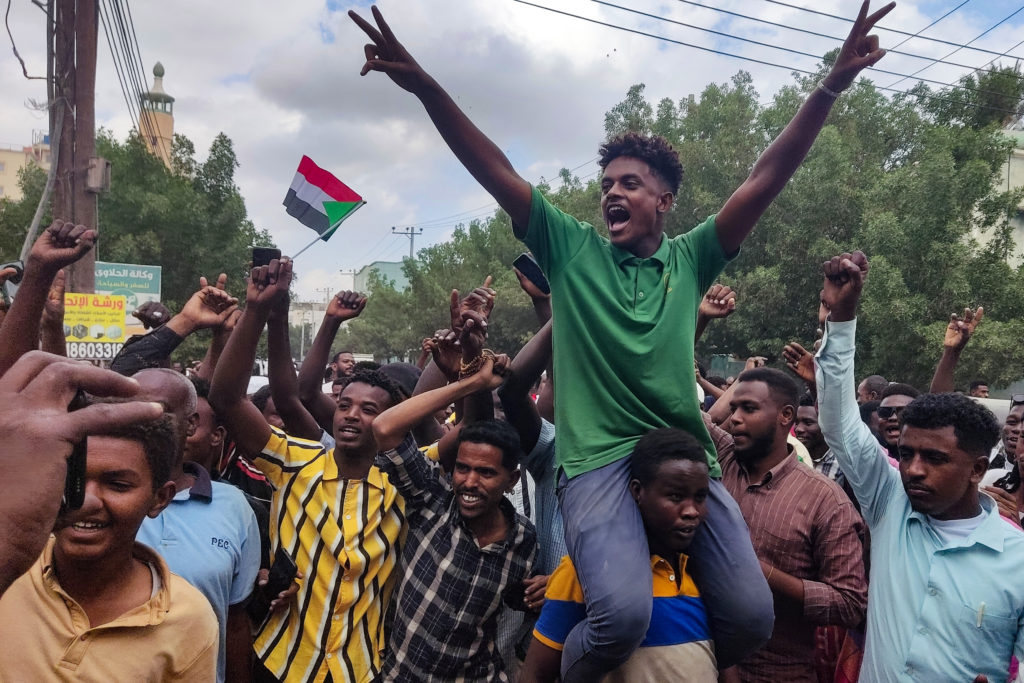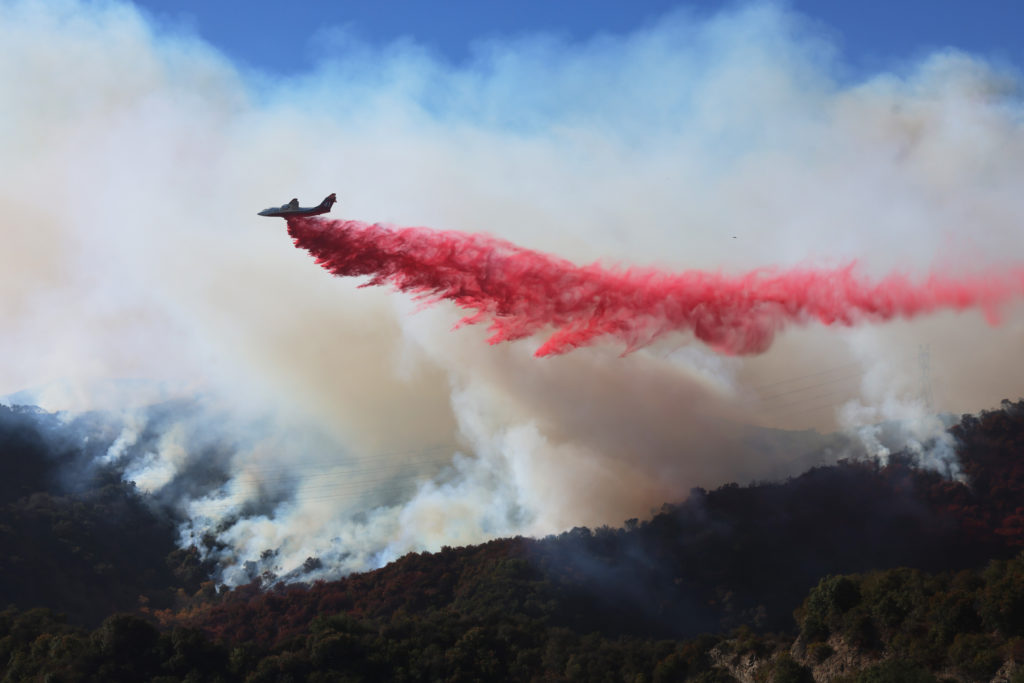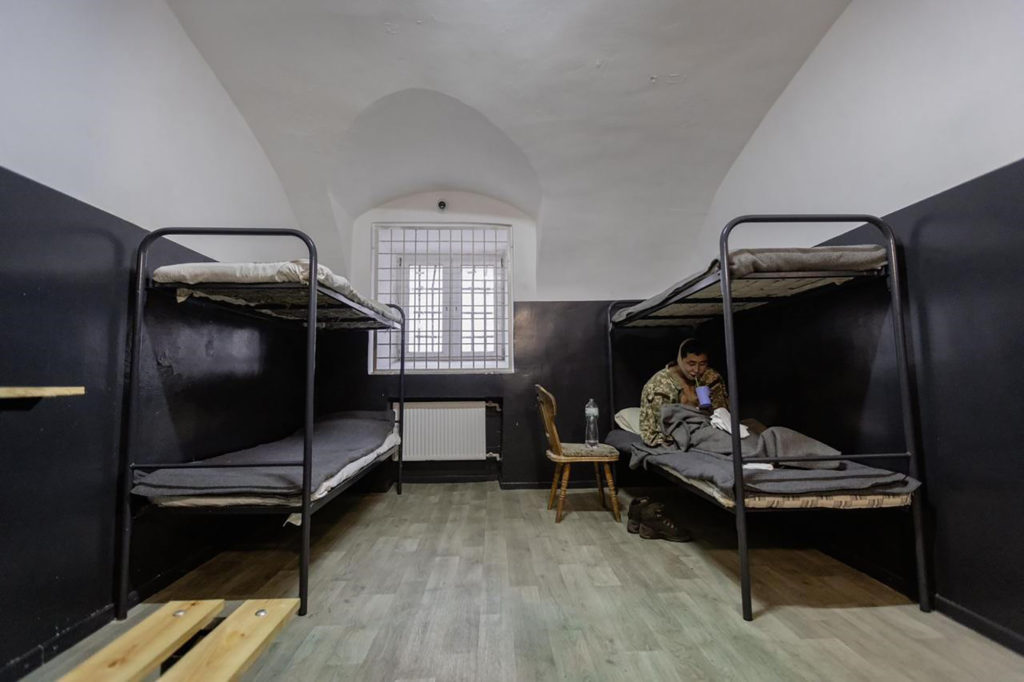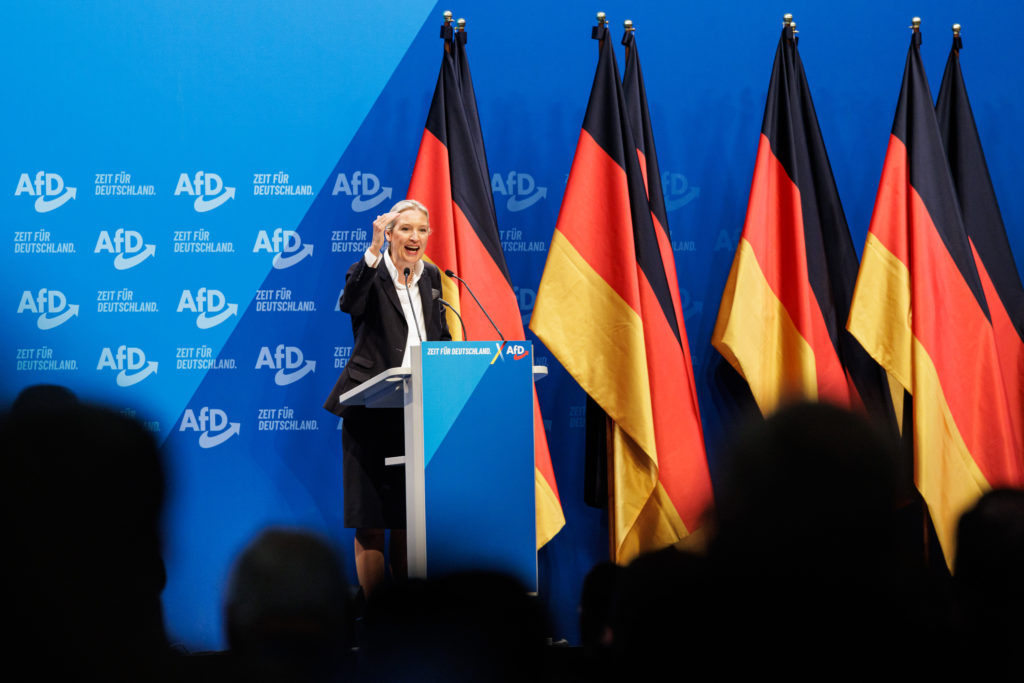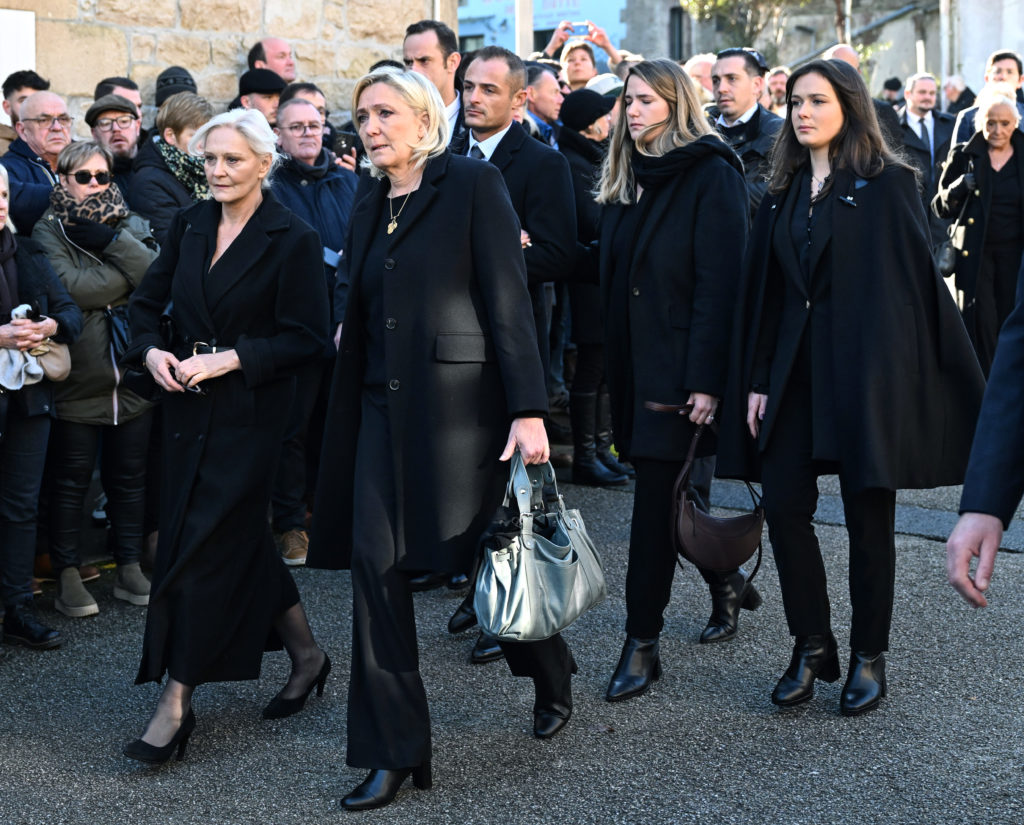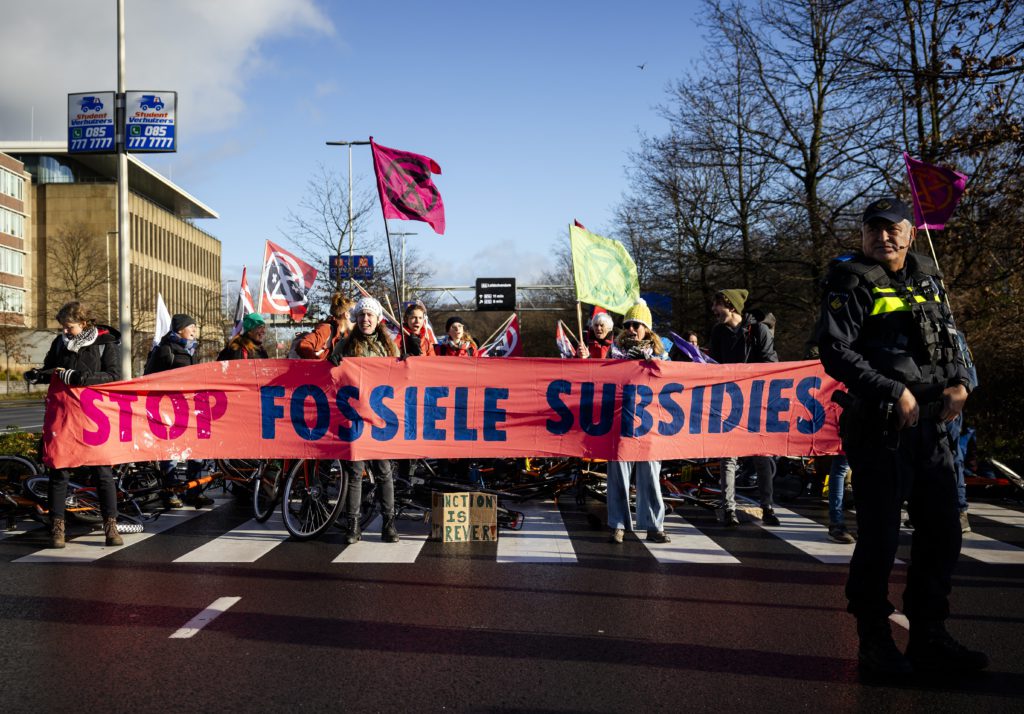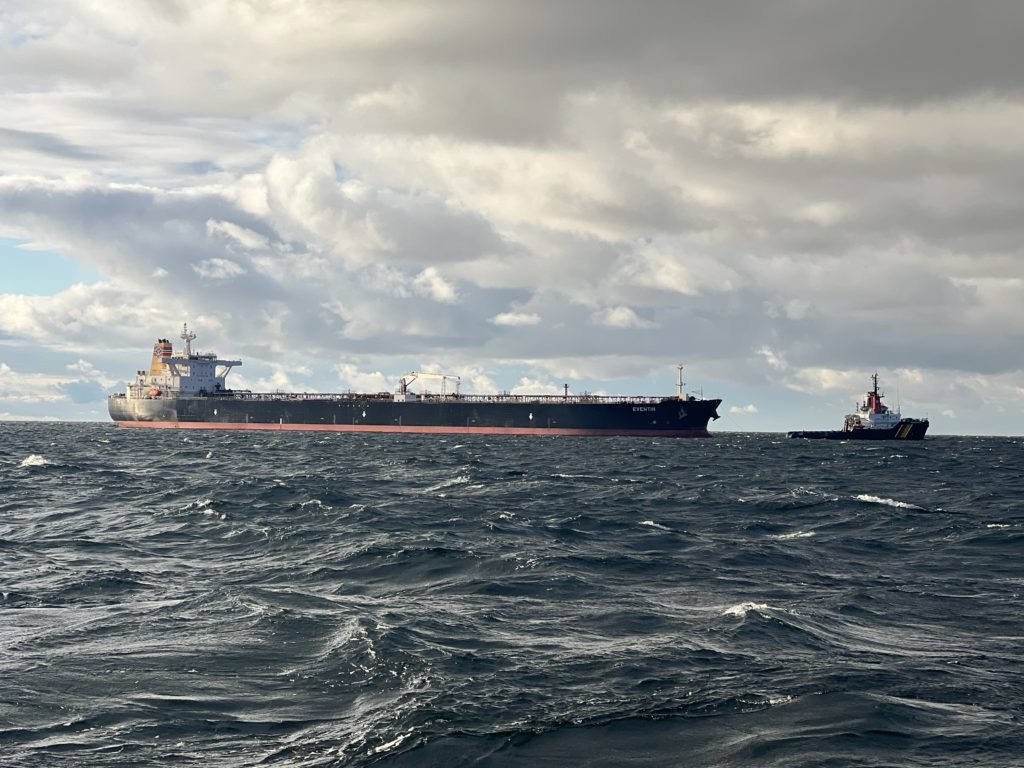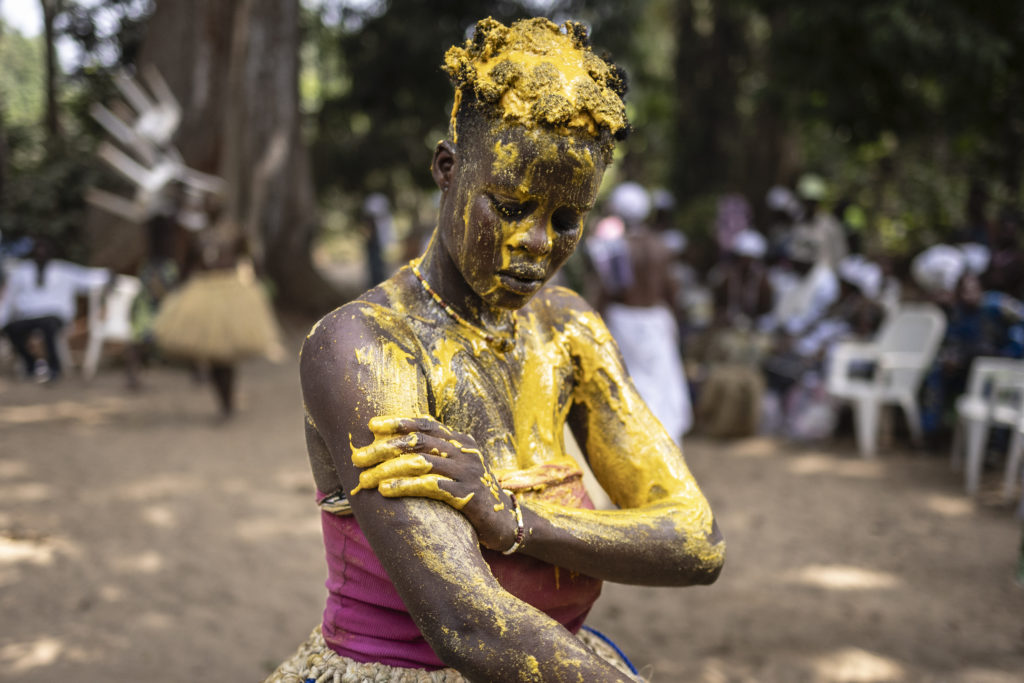After two decades trying to destroy the Taliban, Western powers face the wrenching decision of whether to deal with the Islamist insurgents who have taken over Afghanistan.
The Taliban already appear set to enjoy a warmer international reception than their draconian 1996-2001 regime did, with Russia, China and Turkey praising the militants’ initial public statements.
EU foreign policy chief Josep Borrell put it bluntly Tuesday: “The Taliban have won the war, so we will have to talk with them.”
The firmest rejection of recognition came from Canadian Prime Minister Justin Trudeau who called the Taliban a “recognized terrorist organization” that has “taken over and replaced a duly elected democratic government by force.”
The US military and diplomats have spoken to the Taliban to ensure evacuations from Kabul but President Joe Biden’s administration said any long-term relationship with a future Afghan government would depend on respect for women’s rights and rejecting extremists such as Al-Qaeda.
“It will be up to the Taliban to show the rest of the world who they are and how they intend to proceed,” Jake Sullivan, Biden’s national security advisor, told reporters.
“Their track record has not been good but it’s premature to address that question,” Sullivan said of recognition.
In Britain, which followed Biden in withdrawing forces, Foreign Secretary Dominic Raab said that “ordinarily” London would not deal with the Taliban due to its human rights standards.
But with talks still underway in Qatar on a more inclusive government, “we want to test whether there is scope to moderate the kind of regime that we will now see in place.”
“They are now in power, and we now need to deal with that reality and we now have to be optimistic about it,” Raab told Sky News.
But Raab acknowledged that the chances were modest of establishing a broad-based Afghan government after the Taliban swiftly seized the whole country as the United States ended its 20-year military involvement.
– Less leverage, but some –
Western powers have far less leverage with the Taliban in power rather than on the battlefield.
But the United States still wields unrivaled influence with international lenders and can enforce rigorous sanctions, putting conditions on assistance needed to rebuild the war-battered country.
Lisa Curtis, the top White House advisor on South and Central Asia under former president Donald Trump, said the United States should set a high bar for recognition and make it an incentive in return for positive Taliban behavior.
“We need to prioritize the Afghan people, making sure they have enough to eat, they can survive, because otherwise we’re going to have a massive humanitarian crisis on our hands,” said Curtis, now at the Center for a New American Security.
“So I do believe that to the extent that we need to get our humanitarian assistance in there, we may have to deal with them on some level. But in terms of diplomatic recognition, that should not come free,” she said.
Only three nations — Pakistan, the United Arab Emirates and Saudi Arabia — recognized the previous Taliban regime, which imposed an ultra-austere interpretation of Islam, including barring girls’ education, prohibiting music and cutting off the hands of suspected thieves.
British Prime Minister Boris Johnson moved quickly to stop Pakistan, the Taliban’s historic backer, from blessing a new government, saying in a call with his counterpart Imran Khan that recognition of a new government should be “on an international, not unilateral basis.”
– Grudges linger –
The United States does not forgive quickly when it comes to diplomatic recognition. It took two decades after the fall of Saigon for the United States to establish relations with communist Vietnam, with which Washington now maintains cordial ties.
The United States has not established relations with Iran’s clerical state since revolutionaries in 1979 kidnapped US diplomats after overthrowing the pro-Western shah and Washington waited 54 years to restore an embassy in communist Cuba.
One unique factor — Taliban co-founder Mullah Abdul Ghani Baradar, seen by insurgents as Afghanistan’s new leader, may still have been in prison were it not for Washington.
He was arrested in Pakistan in 2010 but freed in 2018 at the request of the United States as US negotiator Zalmay Khalilzad saw him as a credible counterpart during talks in Qatar that led to the US withdrawal.
Trump, speaking last year as he agreed to the withdrawal deal, even appeared to cast the insurgents as US allies, noting their feud with Islamic State extremists.
“They will be killing some very bad people. They will keep that fight going,” Trump said.

